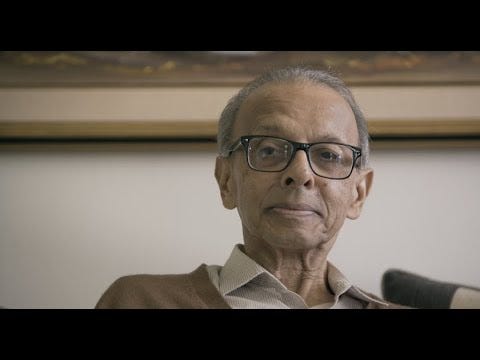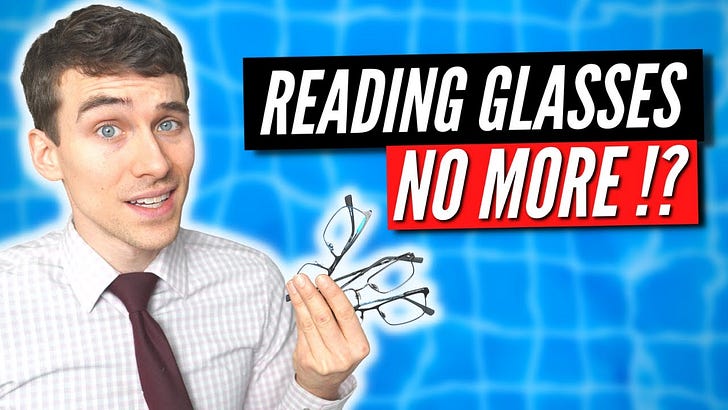Formula 1 is all about speed with a core group of worshippers.
But it was a closed world. What people saw was cars driven at incredible speeds around convoluted tracks.
The big names like Lewis Hamilton and Verstappen were well-known.
But a sport is never about the lead players alone.
It's about the thousands of smaller stories that never get a moment in the spotlight.
So anyone placed below the Top 5 got scant attention from the sports media.
The other thing that attracted attention were the slow motion crashes and the way cars careened around the track into massive pileups.
But the human stories were missing.
Once the live telecast was done and the interviews followed, people waited for the next race to watch and cheer on their heroes.
The idea to make a scripted documentary of the Formula 1 world was greenlit by Sean Bratches, a former Managing Director of commercial operations for F1.
Box to Box films produced the first season for Netflix and they were given unprecedented access to all the teams.
And suddenly, the human stories came through loud and clear. It was about crushing defeat and disappointments as much as the victories.
The nail-biting finishes were shaped by teams working in close coordination with the superstar drivers, but every wrinkle and setback was seen as well.
The net result? Viewership of the F1 races jumped by nearly 50% and the managers seen in the Netflix series were mobbed as much as the stars were.
Fi became the sports brand that grew the most on Facebook, YouTube and Instagram
Brand building is fueled by storytelling. Not so much the machines as the machinations!
"A developed country is not where the poor drive cars”
It's where the rich use public transportation"
This is a quote attributed to Enrique Penalosa, a Mayor of Bogota.
And what does Elon Musk think?
From an article in Wired “I think public transport is painful. It sucks..."
Two completely contrasting philosophies.
The first built Tokyo, the largest and most densely populated metropolis in the world.
It's a city without one single centre but many of them and overseen by relaxed zoning principles. So, one area does not get to thrive at the expense of another.
And then you have the US. A country that lives by the principle of individual independence and strict zoning.
Where public transportation is perceived as the option for the poor and not something cities should invest in.
In Tokyo, like in Singapore, trains are the best way to get around a city that sprawls. Riding the train does not say anything about your economic status. So you don't have to invest in a massive car and show it off.
Tokyo ranks 99th in the world for the average expensive price of a single-bedroom apartment.
Mixed zoning allows density and people living in close proximity to each other. As a result, it increases safety because people are out in the streets all through the day. Children walk to school with no problems at all.
The principle of individuality is enticing. But it also separates you from the rest of the people you share the city with.
If you don't want to travel in public transport and interact with only a certain social circle, what does it say about you as a person?
Tokyo should be the model of the world's metropolises. But the one that is packaged and sold is New York.
Do we appreciate risk?
As far as insurance policies go, maybe.
But until the 12 century, the concept was largely unknown. As with most things, it was business that paved the way.
The earliest known usage was with respect to merchant ships and voyages. The captain of a ship would enter into a contract with an investor for a 'resicum' - the Latin word for risk before setting sail.
On return, the captain kept 25% of the profits and the investor got 75%
Now, we're able to calculate probability, eventuality and returns on data that goes back decades.
And it has crept into daily usage that spans an entire spectrum.
The risks of falling in love. Of keeping all eggs in one basket. Of spreading risk like it was a slab of butter. Or de-risking as some kind of sponge that absorbs hard knocks.
And so, the word has moved far away from it's origins to involve behavior - of people who take needless risks and those who don't.
Entrepreneurs have been defined as those who have a high risk appetite.
There are physical risks and mental risks. Each with its own set of payoffs and pitfalls.
There are risks we can control and those we don't even know of. Until Covid, not a single insurance company would have considered a world-wide shutdown and the impact it would have on businesses.
For everything from stock market crashes to F1 results, the risks multiply.
And as global connections increase, all we know is that new risks are just around the corner just when we get comfortable with what we are able to predict.
Every week, I'll plant a few ideas in your mind on branding, behavior and markets. Triggers for your thoughts. Spread the word to your friends. All you have to do is click the link and enter an email address.













Share this post